Theme Festival - Lifestyle: Travel & Adventure

Travel programming is in high demand as audiences seek escapism through television, yet filming abroad remains a logistical nightmare as the pandemic drags on. So where is the content coming from to fill the slots?
Travel programming has long held aspirational and escapist appeal for television audiences. Wish You Were Here started on UK commercial broadcaster ITV in 1974 and ran until 2001, hosted by Judith Chalmers, Gloria Hunniford and Anthea Turner, among others, while Holiday aired on BBC1 and BBC2 for even longer (1986 to 2007) hosted by Des Lynam, the late Jill Dando and Anneka Rice.
As time has ticked by, the genre has evolved and expanded rapidly away from simply sending a famous person to a famous place to point at it and give you a ballpark idea of how much it might cost should you want to do the same. Travel and food has become massive, with Rick Stein (French Odyssey, Far Eastern Odyssey, Rick Stein’s Mediterranean, Rick Stein’s India, The Road to Mexico), James Martin (French Adventure, American Adventure, Islands & Highlands) and Ainsley Harriott (Caribbean Kitchen, Mediterranean Cookbook) among the celebrity chefs putting their names to culinary series.
Travel and comedy isn’t far behind, with the stand-up comedians realising what the chef’s knew before them – Richard Ayoade’s Travel Man series on Channel 4, Mickey Flanagan’s Detour De France on Sky and Susan Calman’s Grand Day Out for Channel 5 are among the recent hits.
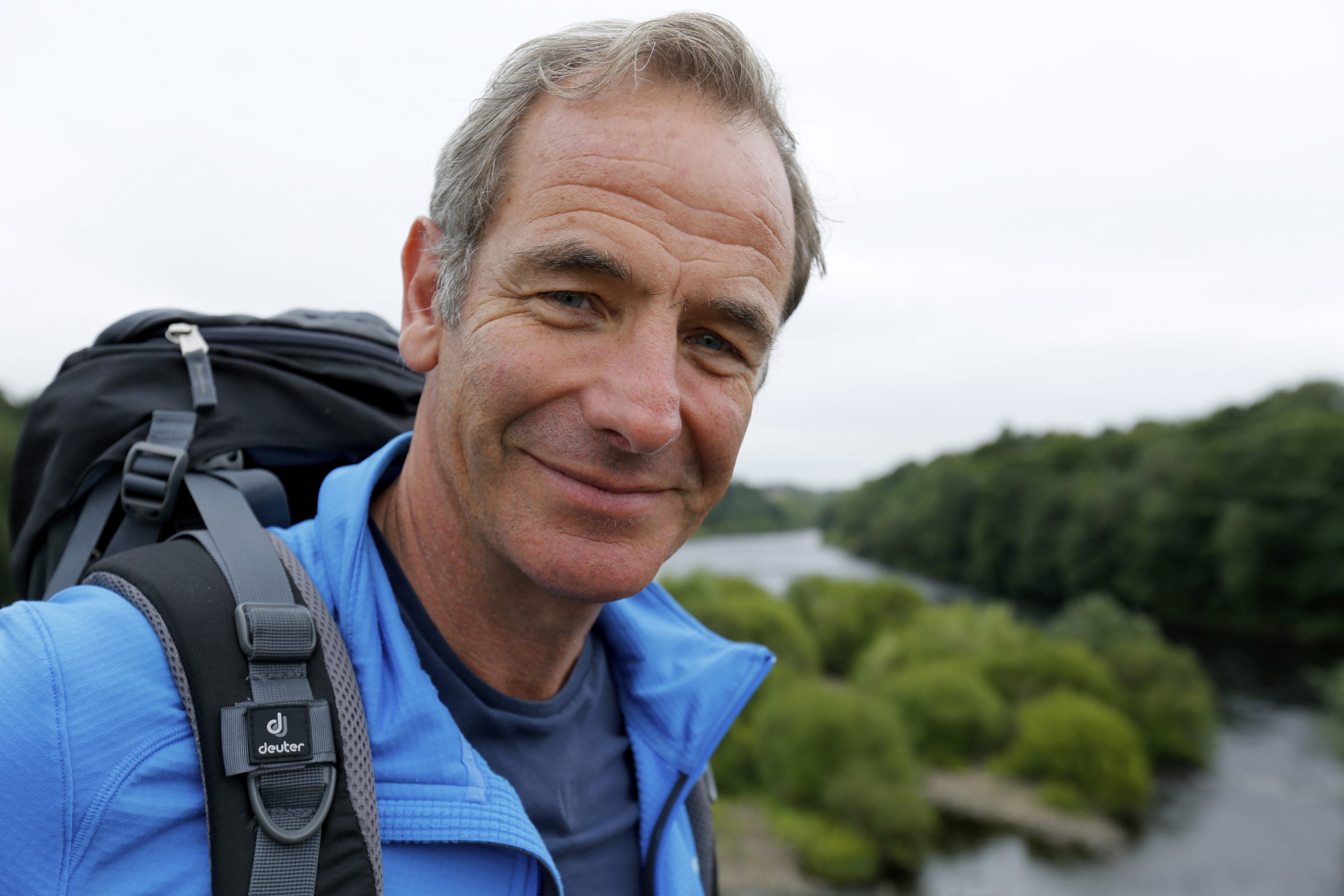
A travel and celebrity trend started by Michael Palin’s supreme body of work for the BBC has been continued by the likes of Chris Tarrant and Michael Portillo, who have gone on long rail journeys for Channel 5 and BBC2 respectively, while Jane McDonald is regularly found Cruising for Channel 5. This has since morphed into celebrities and comedians taking their parents along to gently torture them – Baz Ashmawy’s 50 Ways To Kill Your Mammy for Sky, Jack Whitehall’s Travels With My Father for Netflix, Bradley & Barney Walsh: Breaking Dad for ITV.
Combine a little of all of it and you get the peerless, never-before-reached and almost certainly never-to-be-matched-or-beaten Anthony Bourdain’s Parts Unknown, from Zero Point Zero for US news channel CNN, now doing a roaring trade as a boxset on Netflix.
But travel programming now faces a conundrum. With audiences if not still locked down in their homes then certainly facing a long wait for international leisure travel to restart and craving escapism, the demand for aspirational shows from the world’s beauty spots is high. Producing a show on the other side of the world, however, is fraught with logistical and cost implications, and the ever-present risk that production may have to be stopped at a moment’s notice as countries dip in and out of red, yellow and green travel warning zones.
It’s a circle to be squared and the rewards are potentially lucrative for producers if they can do it. Far from shy away from a genre involving international travel, broadcasters are actively pushing into it, with Guy Davies, Channel 5’s commissioning editor for factual, recently saying the ViacomCBS-owned UK terrestrial is desperate for travel content, not only to satisfy viewing demand but also to bite back at streamer competition.
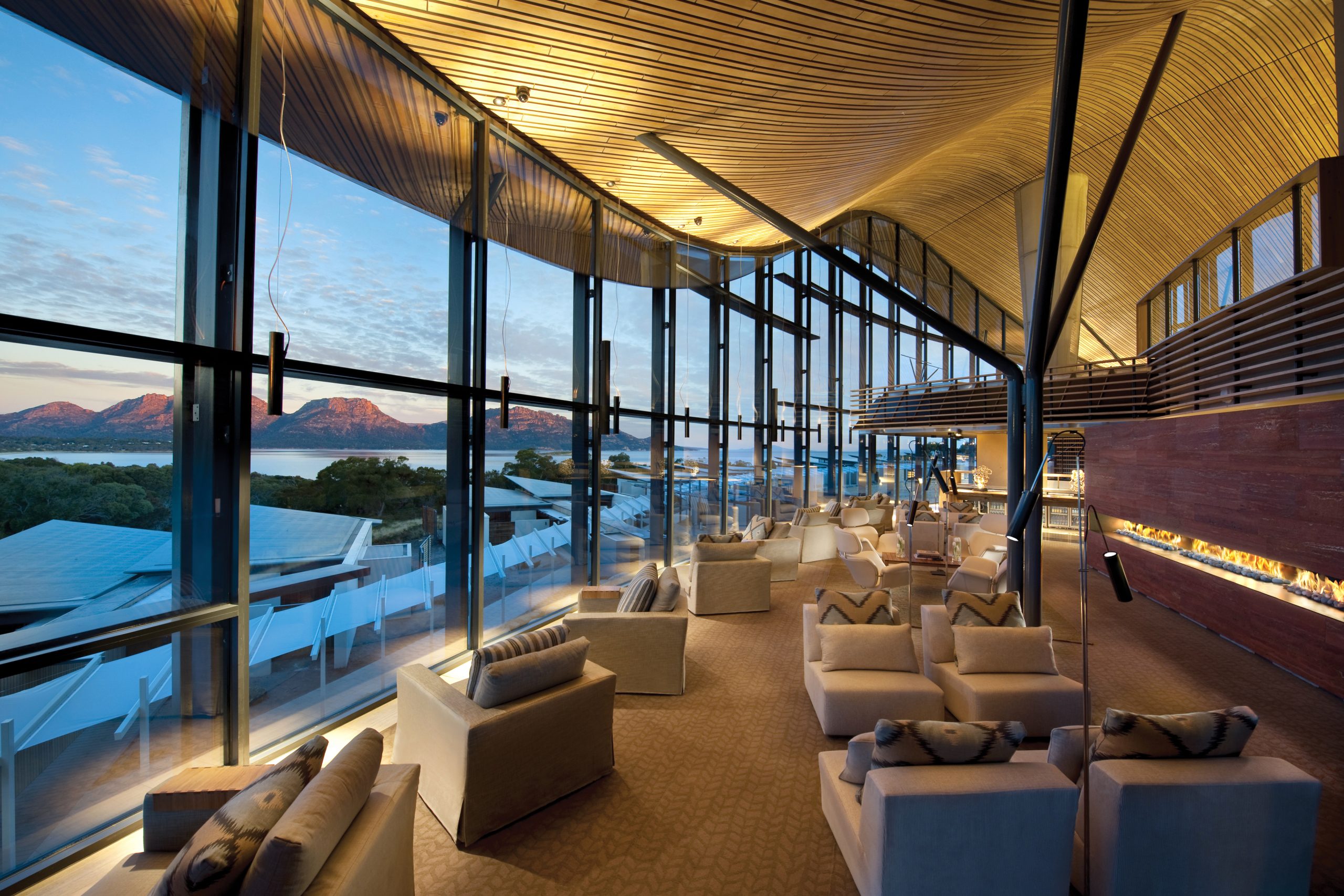
“Travel and journeys are something people have been missing, so we’re shooting travelogues now with big names involved,” Davies said. “Often with talent it’s about using that talent as a weapon against streamers. We have talent who perhaps don’t travel but with whom our audience wants to spend time. With those journeys, and that escapism, I think we will move away from workmanlike presenters. Names are going to be important because it’s all about selling to the audience.”
Sean Wheatley, head of acquisitions at Tinopolis-owned UK distributor Passion, has Lap of Luxury: Ultimate Escapes Down Under, a new series produced by Screentime NZ for TVNZ, and Walking Hadrian’s Wall With Robson Green (aka Robson Green: Walking Coast to Coast) on Channel 5, produced by Firecracker, on his slate.
“In so much as viewers, buyers and commissioners don’t want shows about Covid, we have seen an escapist trend. The challenge is to produce a travel show where you barely mention the pandemic and that feels sunny and optimistic. Tonally, I’ve noticed a preference for warm-hearted shows about travelling to places where you might meet ordinary people, rather than just focusing on the pleasures of a luxury resort,” Wheatley says.
“Our series Lap of Luxury is about high-end luxury and extraordinary locations, but there is also the added human dimension of shining a light on the people who work in these lodges and the roles they play. You saw something similar in ITV’s series about the Savoy Hotel. There’s a consciousness now to how you present even the very highest level of travel.
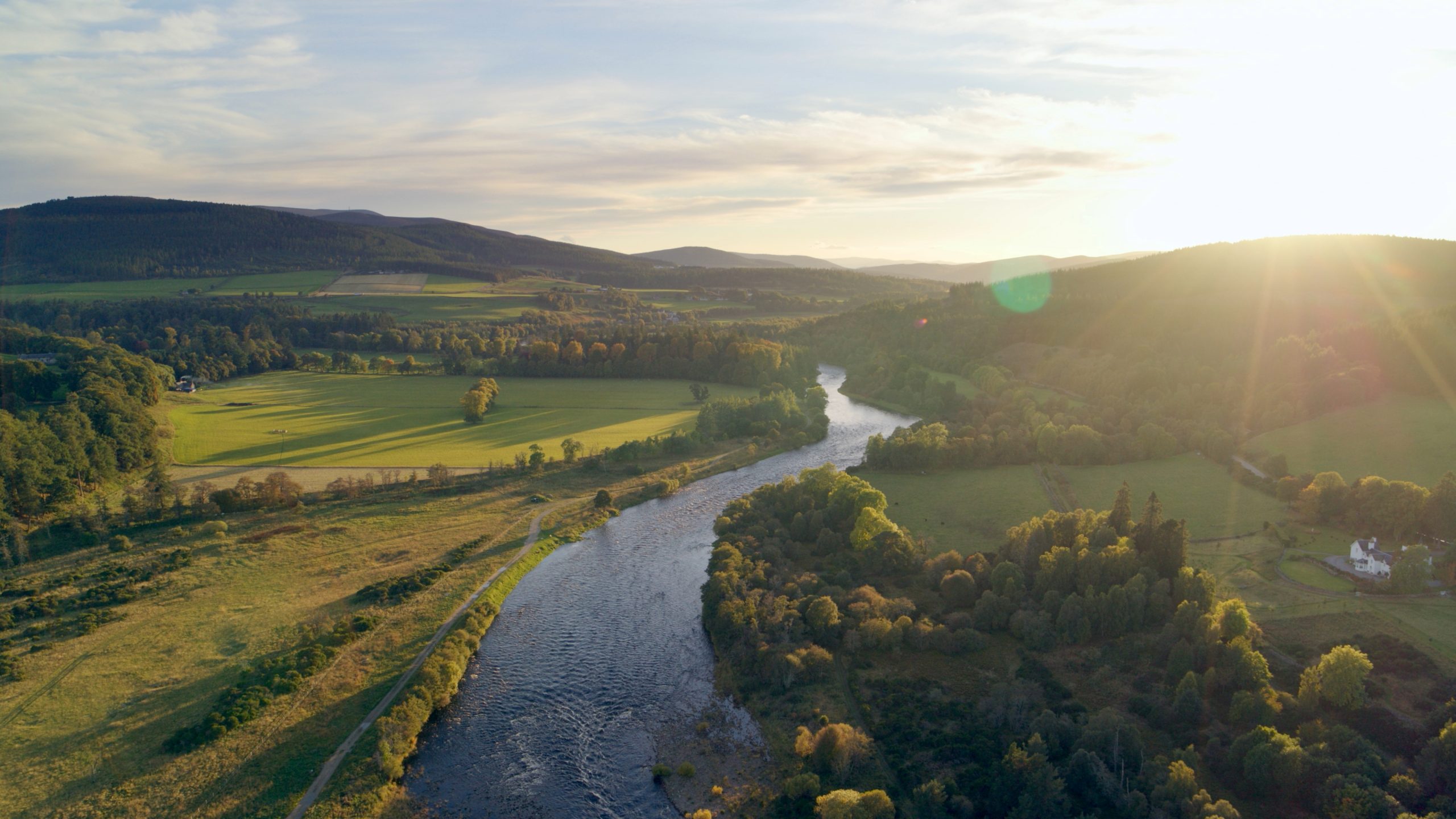
“If travel programming mirrors other programming, I suspect that, post-lockdown, we won’t see many overly serious travelogues. There is a real trend towards fun and games in programming right now and travel will likely follow suit.”
Ludo Dufour, senior VP of international coproductions and sales at Blue Ant International, is pitching a host of shows, including Smithsonian Channel’s history- and architecture-themed Searching for Secrets, from Saloon Media and Bigger Bang Communications, and Smithsonian and Channel 5’s World’s Most Scenic River Journeys, from Saloon Media and BriteSpark Films.
He says: “Escapist programming is booming and we’re confident it will continue to become even more popular and in demand post-lockdown as the genre experiences renewed interest from both specialist channels and general entertainment buyers. We’re also getting traction for our escapist content from recently launched networks and streamers who are now also seeing the value it brings to their line-ups.
“We’re seeing new buyers for travel content across cable networks and especially SVoD and FAST channels, where travel programming that combines elements like culture, cuisine and environmental activism works very well with their younger-skewing audiences. Travel series also give streamers a chance to focus on a key territory that they are launching in, or cater to an entire region by focusing on different countries on an episodic level.”
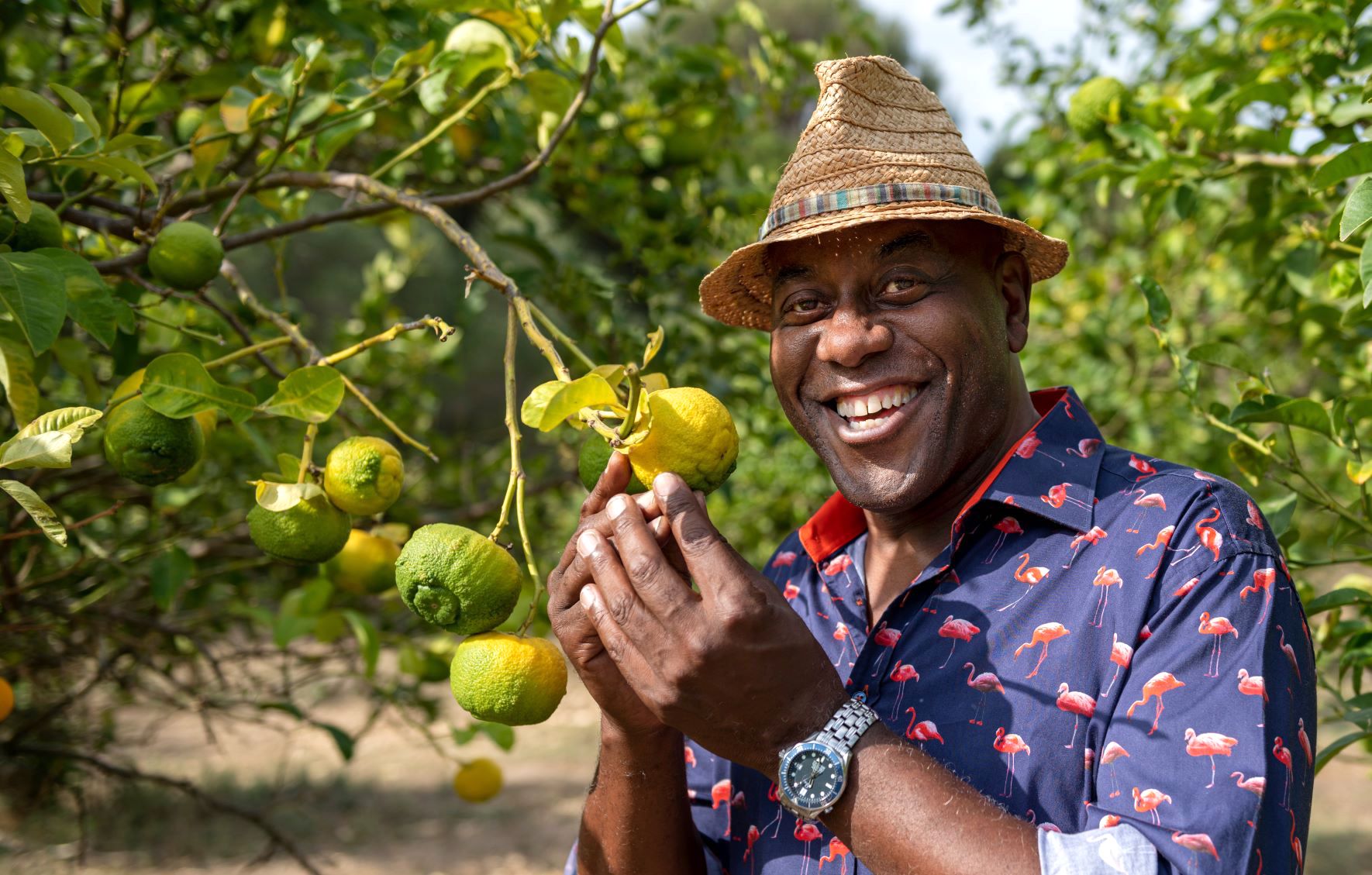
Richard Life, head of acquisitions at Cineflix Rights, has the Ainsley’s Mediterranean Cookbook series from Rock Oyster Media for ITV daytime on his slate, as well as World’s Most Scenic Railway Journeys from BritesSpark Films for Channel 5.
Not only has demand for the genre been boosted by the pandemic, he says, but buyers are looking for different iterations of travel show. “It has created demand for certain kinds of genre – such as travel, adventure and history which involves journey and location at its heart – and documentaries that capture stories of extraordinary, inspirational people who inspire,” says Life.
“My Big Family Farm’s global success has had a lot to do with the universal appeal of a family coming together to achieve against the odds. The escapism trend has also helped to further fuel the boom in true crime and push it further towards a more immersive and serialised format. Viewers want to lose themselves in these darker stories and will happily binge-watch whole seasons. The Clown & the Candyman and Green River Killer: Hunting the Monster are just two recent examples from our slate.
“To an extent, people always look to their screens for escape and so I think the trend will continue beyond lockdown. But I think as we adjust to a post pandemic world, other genres such as dating and relationship-focussed shows will become more in demand as people get used to socialising again. We are already seeing a boom in property shows as people have grown to love their homes and outdoor spaces during lockdown and I expect that to continue as well.”
Nicky Davies-Williams, CEO of UK’s DCD Rights, has a travel and history combination in Treasures with Bettany Hughes as well as cooking series James Martin’s Islands to Highlands on her slate.
She says: “The food and travel combination offers a creative solution to viewers, many of whom learnt new skills in the kitchen with more time to be home chefs, combined with the aspiration to travel. Bettany’s travels take her to more far-flung places as well as the more accessible ones but inspire an interest to see and find out more about the places she reveals. Broadcasters continue to have good slots for entertaining travel programming and new discovery with name hosts in this area. The new buyers follow, with the VoD markets lapping up long-running series.”
Over at All3Media International, Sabrina Duguet, executive VP of Asia Pacific, says: “People have been locked in or restricted at the very least, so viewers need to dream and project themselves into their next trip or next vacation. People are very happy to travel virtually, so there has been a need for escapist content – shows that have warmth, that are, positive and inspiring.”
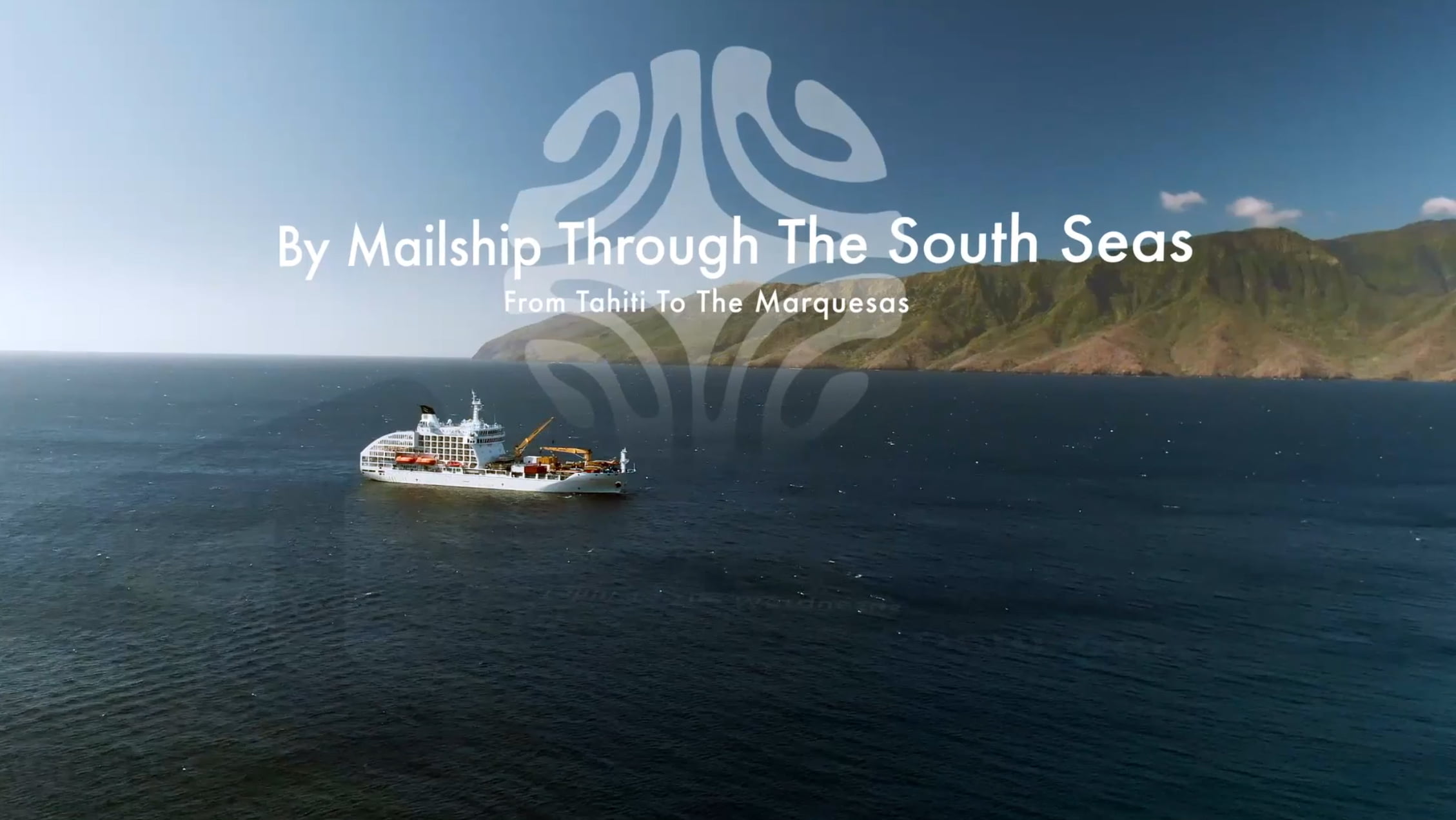
Ben Barrett, of London-based distributor and coproduction agency Drive, has A Greek Odyssey with Bettany Hughes, The World’s Most Beautiful Railway, Scotland’s Scenic Railways and Australian Wilderness with Ray Mears on his slate. “Escapism has certainly been in vogue,” he agrees. “Not only are travel shows much in demand, but a wide range of escapist themes continue to be commissioned in the UK and are in demand from international channels. It’s hard to say how long the trend will continue, but with the promise of foreign travel being tantalisingly close but not yet a reality, I think it will certainly continue in the short to medium term.”
Mirjam Strasser, head of sales and acquisitions at German distributor Autentic, says: “Even though travel bans and restrictions are loosened – at least in Europe – travel as we knew it before the pandemic will not be possible for a long time. So yes, the boom of ‘escapism’ on TV has materialised. Our sales team has seen the demand in this kind of programming increase since the beginning of the pandemic, and it is still continuing. That’s absolutely understandable: we simply need a distraction, an escape from reality.
“Our highlight programme is the two-parter By Mail Ship Through the South Seas from our production department. It’s the escapism programme everyone is looking for. Another travel programme is about the Apennine Mountains, the wild heart of Italy. But it’s not just about places in the south, as some of the most stunning, breath-taking scenery is in the north. One Year in Norway’s Lofoten is also a must-see escapist programme.”
Beyond Rights formed out of the merger of Beyond International and TCB Media Rights at the start of last year and now has a catalogue with many traditional travel shows, such as World’s Most Incredible Hotels (13×60’), Billion Pound Cruise (4×60’) and The Cruise (15×60’). Its expedition and adventure titles include Edges Unknown (7×60’) and Tough Rides (18×30’), while it offers food/travel series such as Destination Flavour (58×30’) and Jonathan Phang’s Gourmet Trains (12×60’). When it comes to celebrity hosted/biographical travel shows, it carries Frankie Boyle’s Tour of Scotland (4×30’) and Vivienne Westwood’s London (1×60’) and its destination travel titles include The Best of Australia (11×60’) and This is Brazil (6×60’).
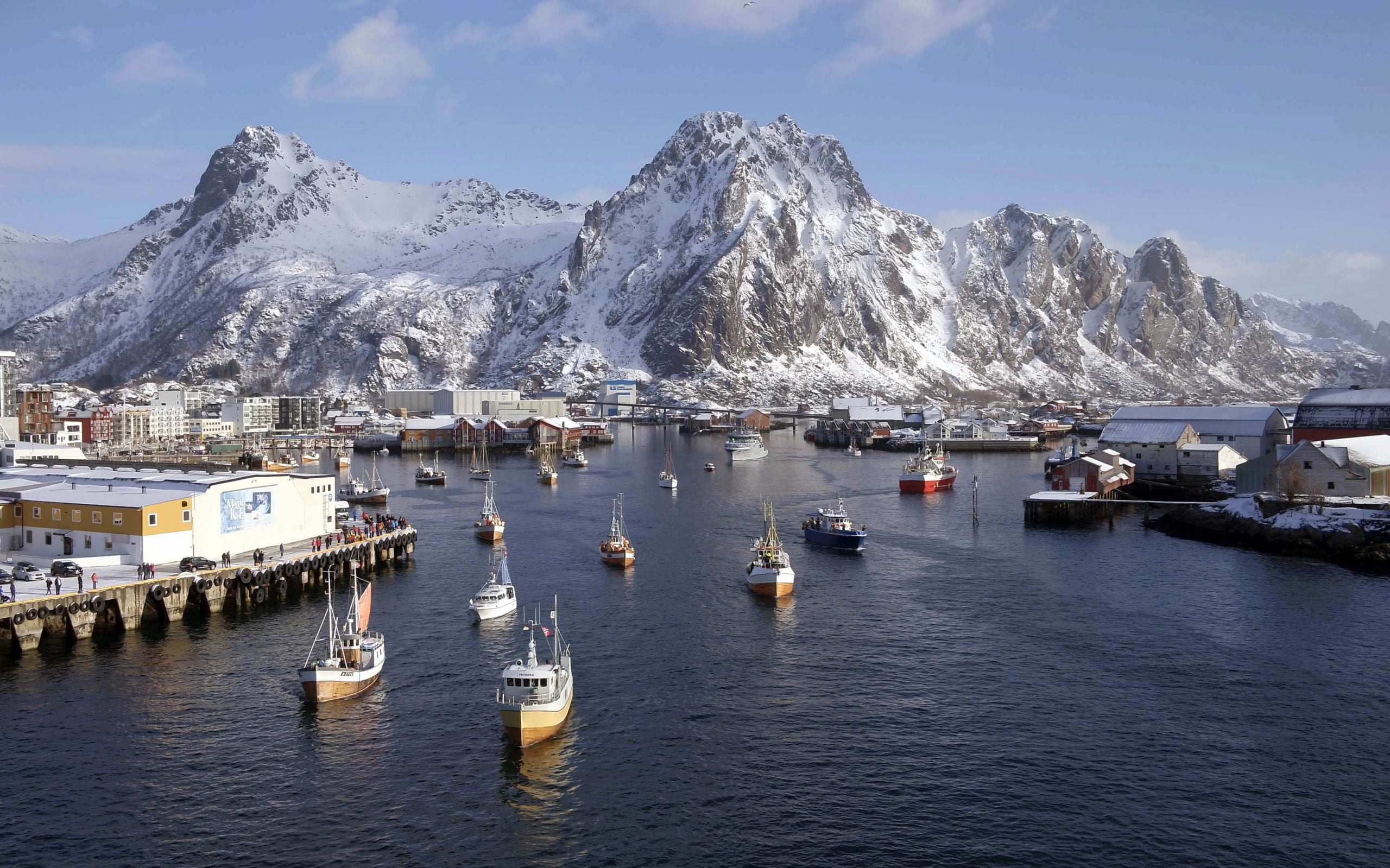
One more recent addition was Leave No Trace (10×60’), from Damn Good Productions, which showcases the best eco-adventure experiences across all seven continents and demonstrates that travel can be both luxurious and environmentally responsible.
Simona Argenti, Beyond Rights’ head of sales, says: “While we haven’t been able to travel, there has been a definite desire to see the world from our armchairs and experience new places. And while I’m not sure escapist content has really ‘boomed’ as such, I think this general trend to see wonderful places will continue for a while. However, the challenge will be to continually find new ways of experiencing each location or showcasing destinations. We have so much of the world already on film that finding interesting new angles, new stories and unique approaches to travel programming will be the challenge.
“Mostly, any increase in demand for this type of content is coming from existing buyers opening up new slots, rather than new buyers. Demand from AVoD buyers has particularly flourished in the past few months, in line with an increase in the number of digital platforms and channels. However, I wouldn’t say this is specifically related to travel content, just a consequence of more general content being needed across the board as this sector grows.”
Few catalogues encapsulate the stark change in trends brought about by Covid-19 than that of Banijay Rights. From distributing Parts Unknown and Michael Palin: Travels of a Lifetime, its latest slate demonstrates a distinctly UK feel, with Rick Stein’s Cornwall for BBC1, Susan Calman’s Grand Days Out for Channel 5 and Craig & Bruno’s Great British Adventure for ITV.
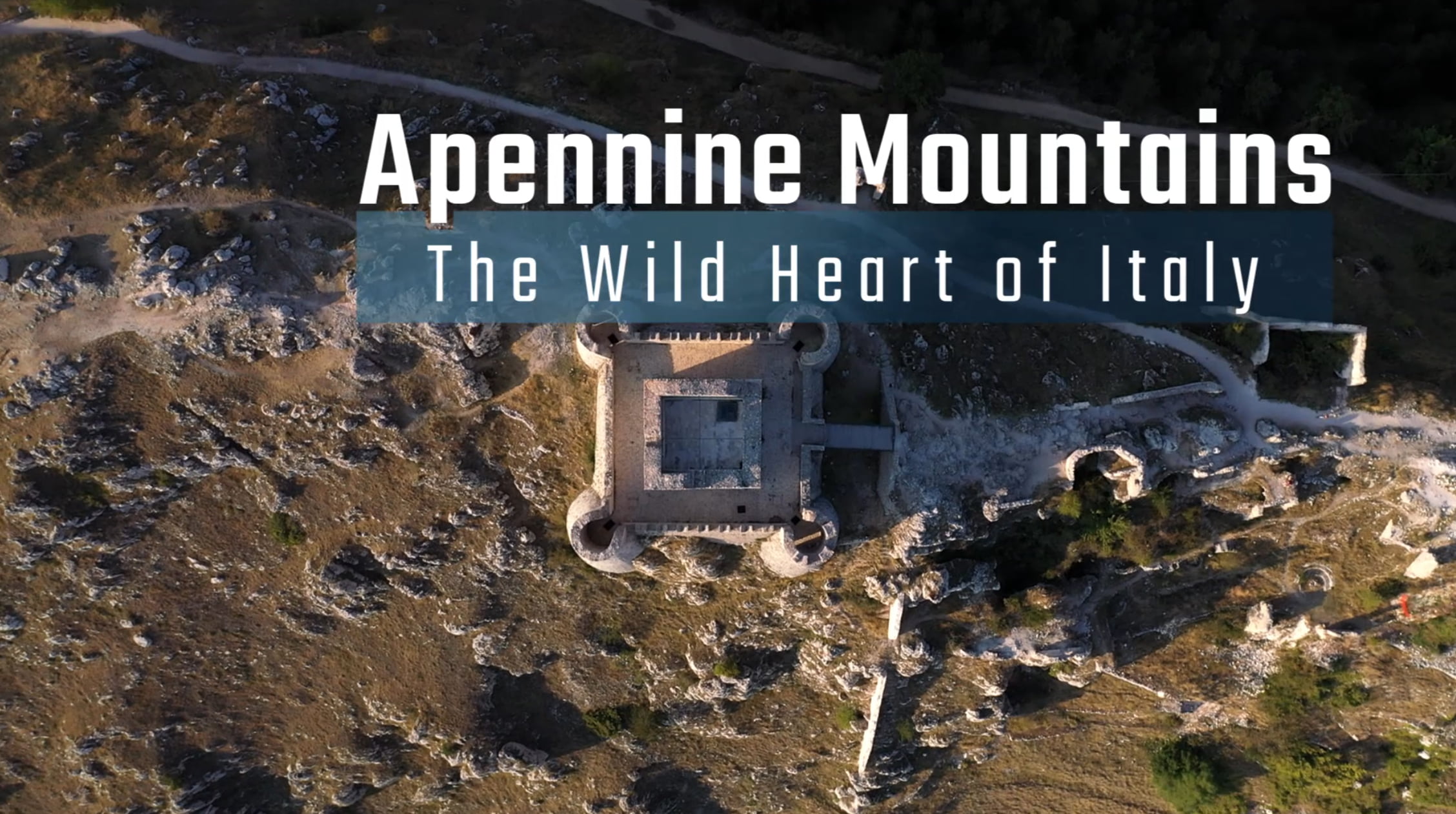
Claire Jago, EVP of EMEA sales and acquisitions at Banijay Rights, says: “Trends are built on necessity. Rick Stein has done many series abroad but is known to be passionate about Cornwall and he advocates for it as a destination, so he’s probably tried to do that programme before. People who make travel programmes want to be overseas, meeting new people. Especially if they’re chefs, they enjoy the ideas and knowledge they get from local people. We have some foreign shows with him coming through.
“Domestic is a necessity and at the moment it’s working around what the ideas are – if we can’t go there, can we do it here and adapt to fulfil the need. But the beauty of working for such a large production company, with bases all around the world, is that while we may not be able to send crews from the UK we’ve probably got somebody already there who can make it.”
On the question of whether there will be a gap in content, with channels wanting more than producers are able to make during restricted times, our contributors praised and placed faith in the ingenuity of the production community to keep the show on the road.
Barrett at Drive continues: “I’ve consistently been both surprised and impressed by how versatile producers have managed to be in ensuring they can deliver productions during the pandemic, and also by how few shows have actually been cancelled as opposed to just delayed. Obviously this has been challenging and has had an impact on both cost and schedule, so it think volume is likely down, and in turn the demand has increased.
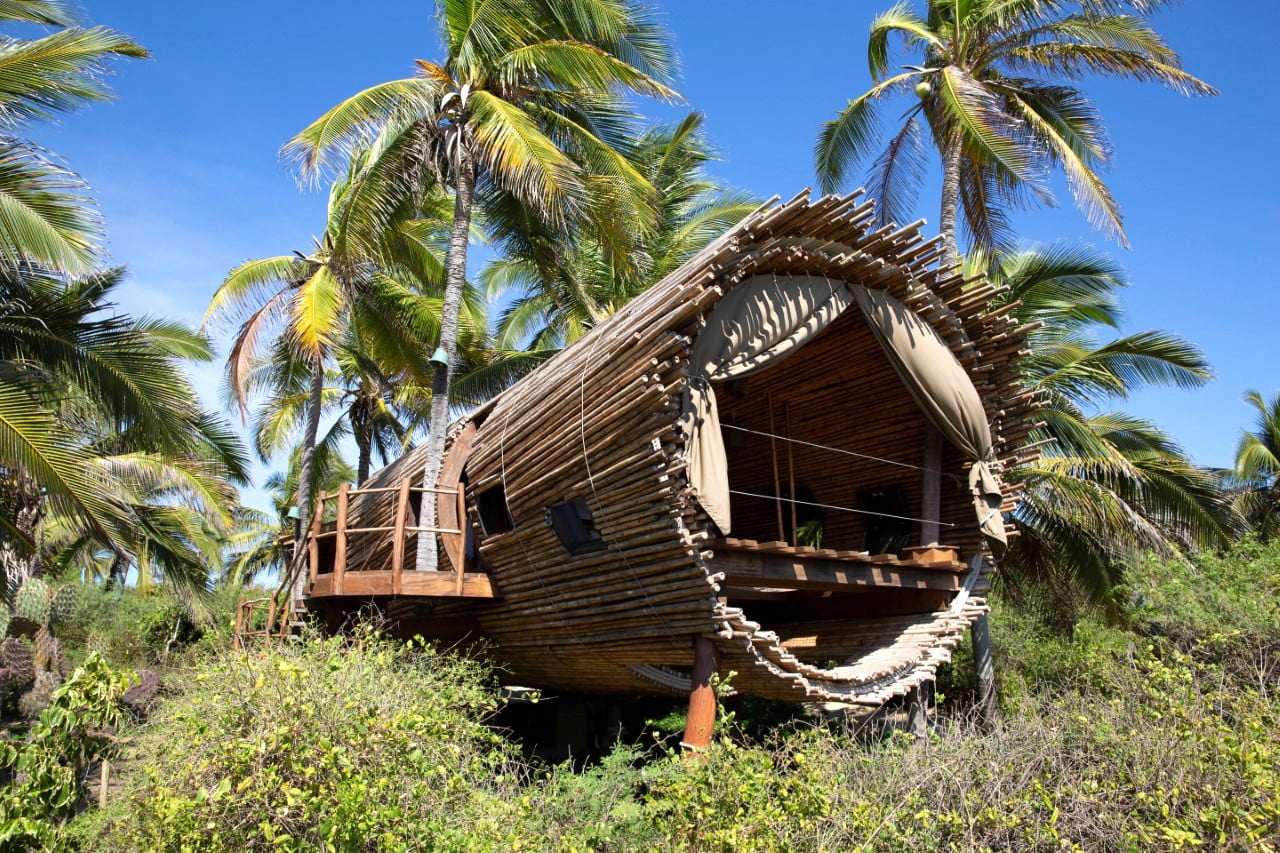
“Anything coming out of Yorkshire seems to be a slam-dunk commission in the UK currently, and we are also seeing an increasing number of coastal walking, farming, regional and community obs docs and formats. Filming outdoors obviously means greater Covid safety and ‘no masks required,’ which is another factor that will appeal greatly to both producers and channels.”
Wheatley at Passion says: “There’s a reason so many travel shows have been produced in the UK. It’s hard to commit resources to a production when you don’t know what the situation will be by the time you’re ready to travel, even with the government schemes to protect production. This is changing. We’ve already had confirmation on a number of projects that will film internationally.
“The typical travel show produced this year is a national celebrity going somewhere scenic in their home country. We have had some success internationally with these. Robson Green’s show for Channel 5 worked well for us as he’s already got an international profile, and walking Hadrian’s Wall gave it a nice history angle. Like everything, it depends on the talent and the subject matter. A big-name star and iconic locations work well. I suspect the next 12 months will see an explosion in filming abroad, as people want to see the rest of the world again.
“My main forecast is there will be more interest in city breaks, culture, lively resorts – people will want a change from the preceding 18 months.”
Dufour adds that the challenges producers have had to overcome will help the genre evolve in the long run. He says: “Paradoxically, lockdown measures have helped travel content producers, not only by creating an outlet for audiences who have been deprived of physical travel, but also by forcing travel content producers to reinvent the genre and find new, innovative ways to engage viewers with themes and storytelling beyond the locations themselves.
“In the short term, domestic-based US travel shows are popular with American audiences, given that we’re not out of the woods yet and travel restrictions will continue to impact audiences for months to come. Travel can be equally fascinating domestically if the locations are well chosen and the characters and stories told along the way are interesting.
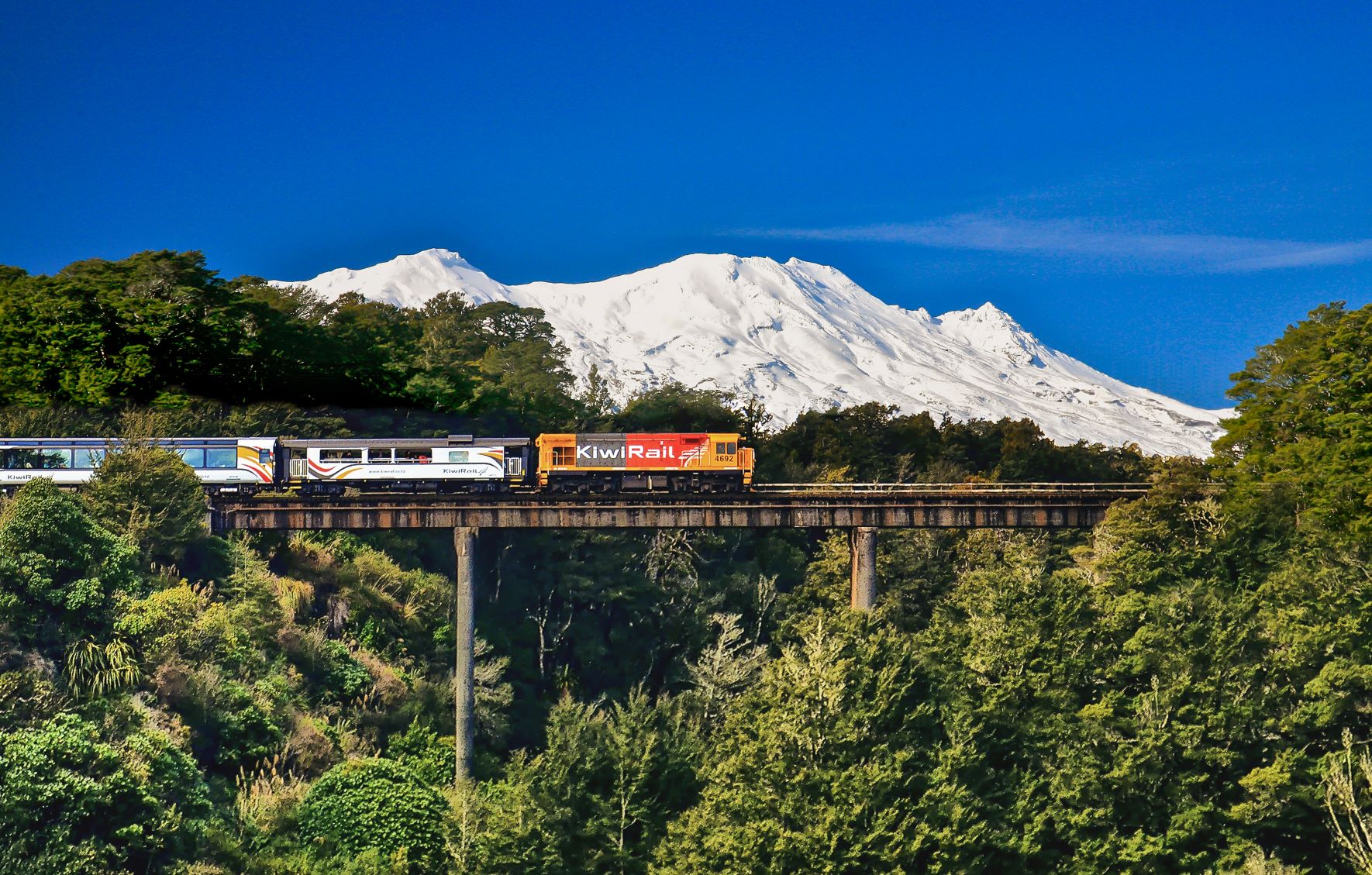
“Home-grown travel programming inspires people to rediscover their own countries and sparks excitement for travelling close to home, especially in this climate where some travellers are reluctant to fly to the other side of the world for health and environmental reasons. A great example of this is America Over The Edge, which traces one of the most diverse coastal landscapes in the world that defines the US.
“But ultimately, audiences also watch travel programming to be transported to new and unknown, far-flung destinations. That wanderlust has been accelerated by social media platforms like Instagram, which tease us with colourful, picture-perfect destinations, and by lockdown measures and travel restrictions.”
Life at Cineflix Rights adds: “In the UK, there has been a big increase in domestic travel shows with local celebrities, because, frankly, lockdown has made them more easy to produce than those requiring international travel. These do appeal to the domestic audiences, not least because so many of us have been forced into staycations, but they do not always travel that well internationally. For us, a series like World’s Most Scenic Rail Journeys is much more appealing for our buyers, as while it has some excellent UK episodes, the series still takes viewers to many other parts of the world as well.”
Looking back at lockdown, All3Media’s Duguet says travel shows have had to adapt to filming restrictions. “We have worked with partners who took what was a format featuring exotic locations – and changed it to visit far flung areas of their country – and it worked very well. A strong example is Travel Guides – a reality format, originally produced by Studio Lambert for ITV in the UK. The most recent series in Australia and New Zealand focused on local travel, which was perfect for production reasons but also for the audience who wanted to discover or rediscover their country, with the tourism boards also supporting this push for local travel.”
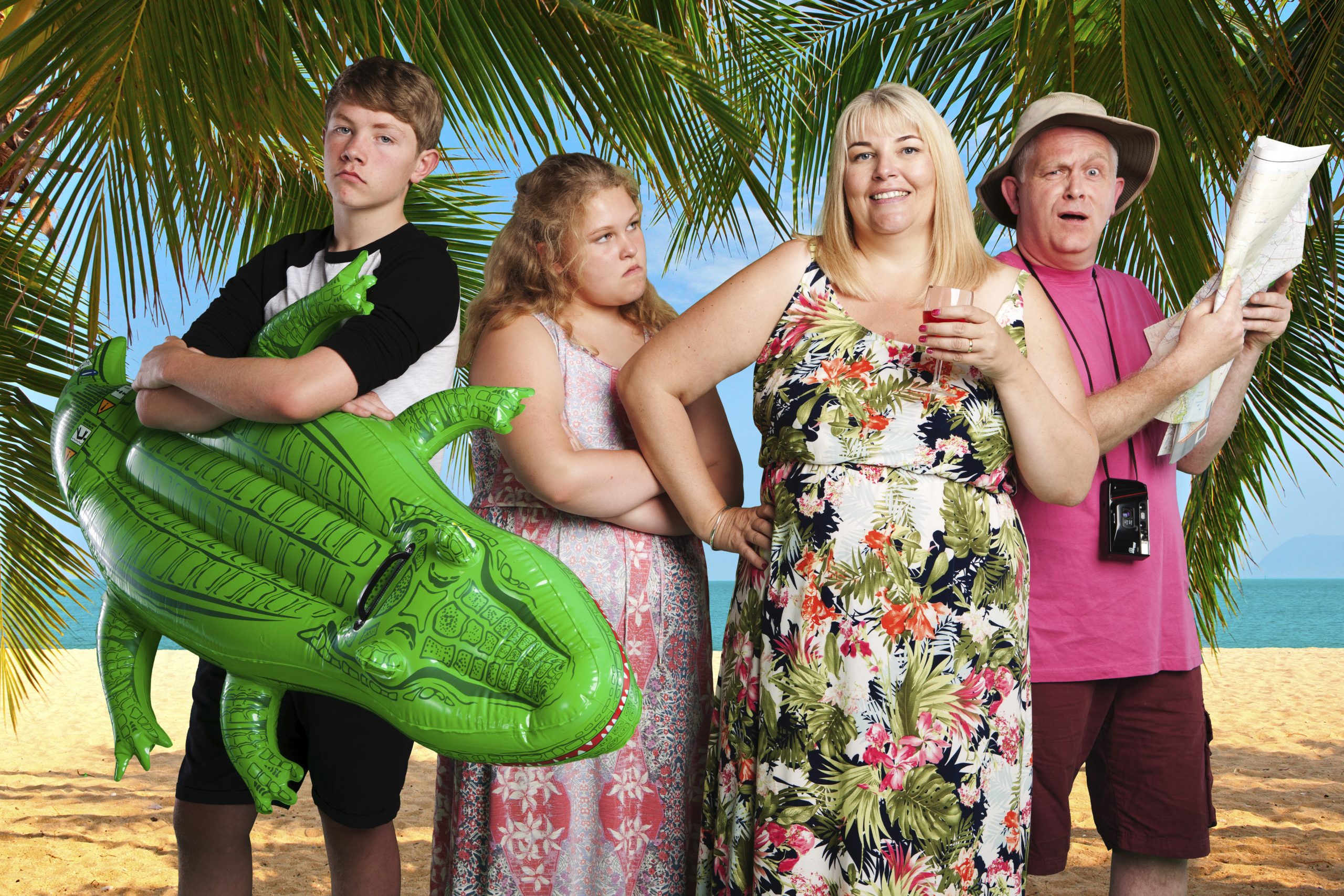
Strasser at Germany’s Autentic also sees production companies innovating and coming up with work-arounds to avoid a gap between supply and demand. “Producers are doing an amazing job. They manage to film footage from distant places with foreign camera crew partnerships, which is amazing, so the travel restrictions can be overcome. Therefore, the market still sees new travel shows coming, which is great. And the beauty of the genre is also that, depending on the focus set, the programmes are more timeless than, for example, current affairs programmes,” she says.
“Of course, domestic shows appeal to production companies because the obstacles are smaller. But we don’t see a huge difference compared with before the pandemic. Producers are finding ways to shoot abroad anyway. We also operate a large global network of production companies, so we can still ensure a great diversity. Hypothetically, if everyone were to shoot programmes only about their own country, we would still be able to show the world.”
This is a view echoed by Argenti at Beyond Rights, who says: “I can’t imagine we will ever run short of this type of programming – or indeed any other. Producers are incredibly resourceful and if something is in demand or in vogue, they will find creative routes to getting it made. Some of our producers are returning to footage shot previously and are either reversioning shows or creating fresh content from existing footage.
“We know of some businesses, such as Argonon, that have established relationships with film crews in other territories, working to direction from the UK. This has not only worked well in terms of output but it is also an economic way to get the footage needed. And, of course, producers can also make use of self-shot footage, as in our Kalel Productions’ series World’s Wildest Holidays, which features incredible videos from holidaymakers around the globe.
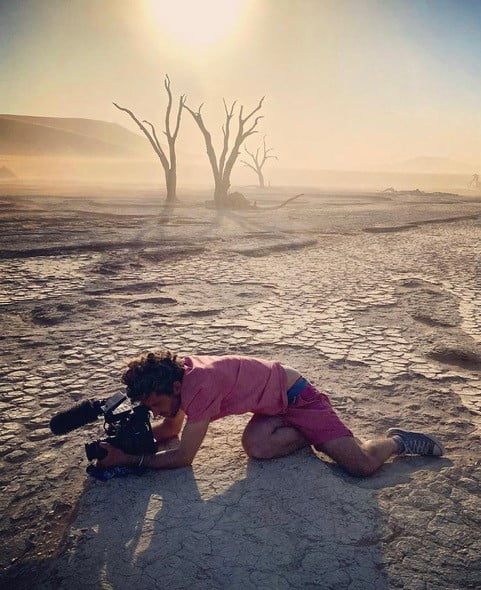
“In the midst of all the changing travel restrictions, you can now, of course, travel to many places and often complete exemptions are made for work. However, if that’s not possible, coproduction is becoming a real option. For example, there’s no reason why an independent producer in the UK can’t work with a like-minded business in, say, Australia to create the same show they would have done had they been able to easily travel to the country themselves. I predict we will see more of that if restrictions continue beyond this year – particularly between the UK, Australia, Canada and the US.”
That’s an idea picked up on by Isabelle Graziadey, VP of international coproductions and distribution at France’s Terranoa. She points out television was already wrestling with the carbon footprint of flying crews all around the world to film travel projects even before the pandemic and actually being forced to use local crews may bring about a change that was long needed.
Terranoa’s slate includes environmental-slanted shows including Top of The Rocks, a geology series for Arte delayed by the pandemic but due for deliver in February, and The Quest for Nature for Ushuaïa TV.
Graziadey says: “We have a series, United Nations of Dance, that has been doing pretty well and the first season finished just before the crisis. Now there is a second season that has been hindered by Covid because it travels all over the world. There are two out of five episodes in the second season waiting to be shot in Mexico and Japan. We can’t give the buyers a timeframe.
“Things like this will lead to more collaboration with local production units. It’ll be good news for local know-how and will mean working in a different way because the industry concern about needing to be more green isn’t going away. We know it’s not ideal but if we take great care and build contacts it will save flying in the future. It requires imagination and innovation, which is part of the industry. This, in turn, could trigger more stories written by local producers and directors, as well as stories that are originated here.”
The enduring popularity of the genre isn’t in doubt. The questions it faces seem to be whether ‘escapism’ could turn into a mild form of torture for an audience allowed to look but not touch, and how you continue to reinvent and evolve a proliferated genre of television. A lot of the logistical challenges, however awkward over the past 18 months, might actually lead to some long-needed reforms that benefit the environment and see more local stories and talent coming through.